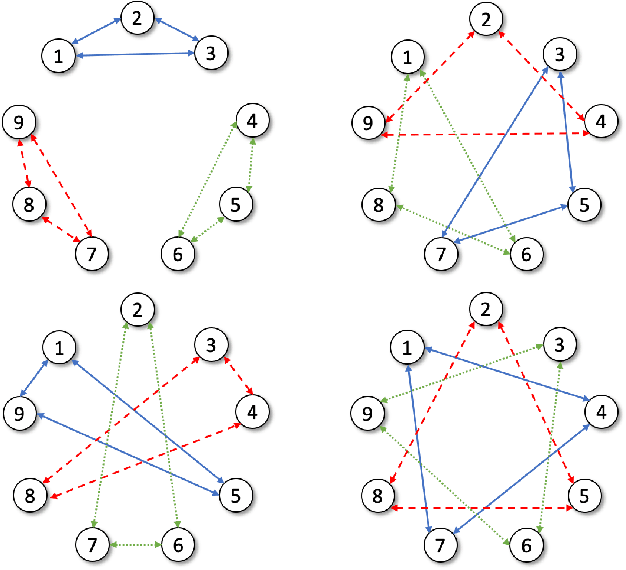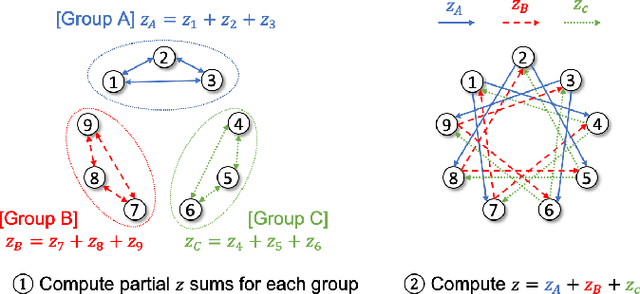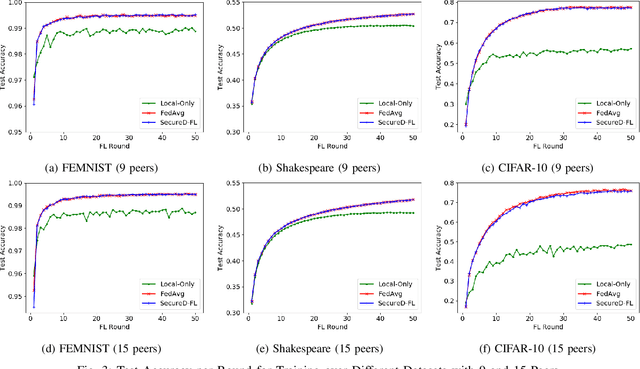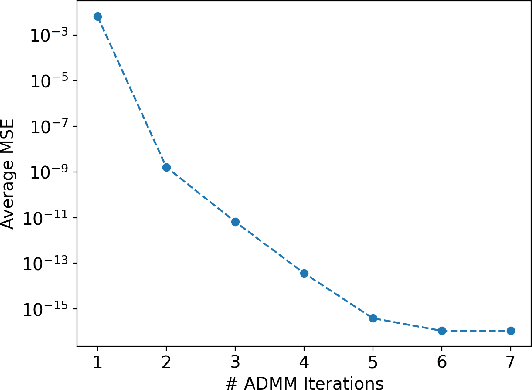Beomyeol Jeon
Baechi: Fast Device Placement of Machine Learning Graphs
Jan 20, 2023



Abstract:Machine Learning graphs (or models) can be challenging or impossible to train when either devices have limited memory, or models are large. To split the model across devices, learning-based approaches are still popular. While these result in model placements that train fast on data (i.e., low step times), learning-based model-parallelism is time-consuming, taking many hours or days to create a placement plan of operators on devices. We present the Baechi system, the first to adopt an algorithmic approach to the placement problem for running machine learning training graphs on small clusters of memory-constrained devices. We integrate our implementation of Baechi into two popular open-source learning frameworks: TensorFlow and PyTorch. Our experimental results using GPUs show that: (i) Baechi generates placement plans 654 X - 206K X faster than state-of-the-art learning-based approaches, and (ii) Baechi-placed model's step (training) time is comparable to expert placements in PyTorch, and only up to 6.2% worse than expert placements in TensorFlow. We prove mathematically that our two algorithms are within a constant factor of the optimal. Our work shows that compared to learning-based approaches, algorithmic approaches can face different challenges for adaptation to Machine learning systems, but also they offer proven bounds, and significant performance benefits.
Privacy-preserving Decentralized Aggregation for Federated Learning
Dec 28, 2020



Abstract:Federated learning is a promising framework for learning over decentralized data spanning multiple regions. This approach avoids expensive central training data aggregation cost and can improve privacy because distributed sites do not have to reveal privacy-sensitive data. In this paper, we develop a privacy-preserving decentralized aggregation protocol for federated learning. We formulate the distributed aggregation protocol with the Alternating Direction Method of Multiplier (ADMM) and examine its privacy weakness. Unlike prior work that use Differential Privacy or homomorphic encryption for privacy, we develop a protocol that controls communication among participants in each round of aggregation to minimize privacy leakage. We establish its privacy guarantee against an honest-but-curious adversary. We also propose an efficient algorithm to construct such a communication pattern, inspired by combinatorial block design theory. Our secure aggregation protocol based on this novel group communication pattern design leads to an efficient algorithm for federated training with privacy guarantees. We evaluate our federated training algorithm on image classification and next-word prediction applications over benchmark datasets with 9 and 15 distributed sites. Evaluation results show that our algorithm performs comparably to the standard centralized federated learning method while preserving privacy; the degradation in test accuracy is only up to 0.73%.
 Add to Chrome
Add to Chrome Add to Firefox
Add to Firefox Add to Edge
Add to Edge